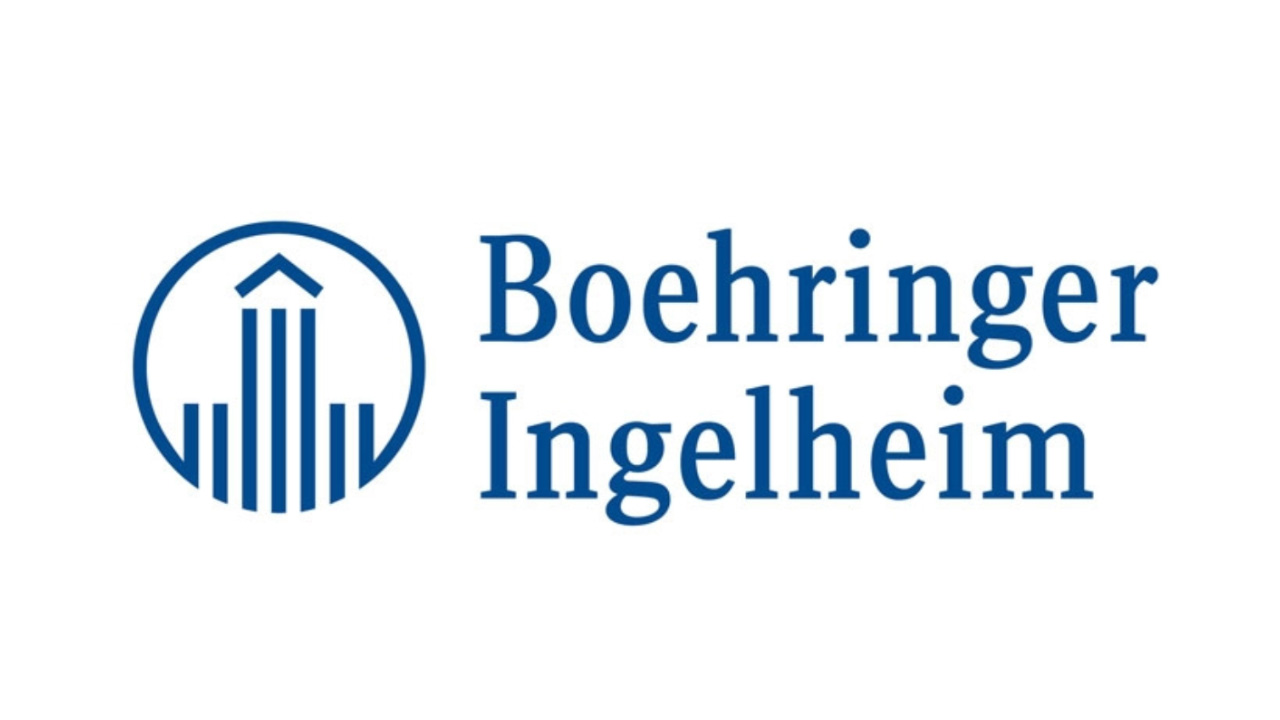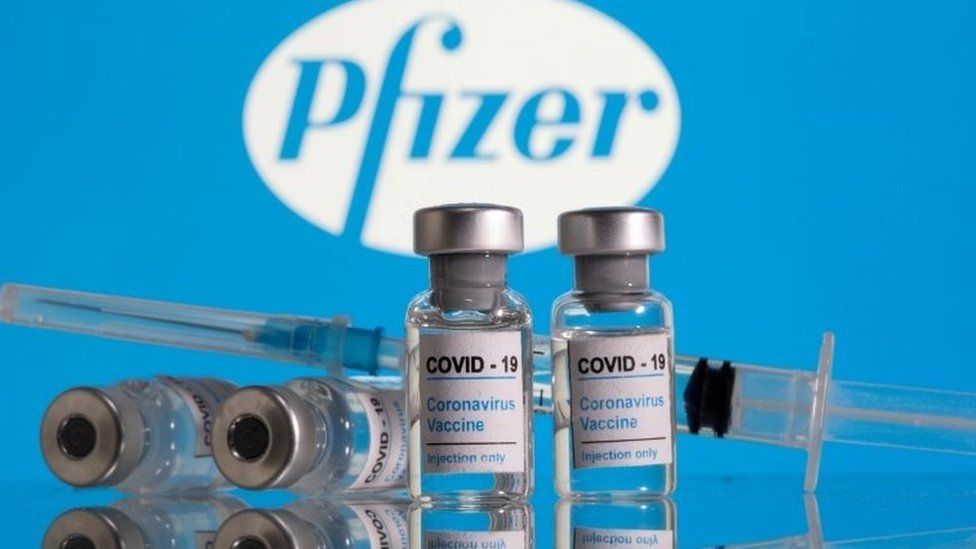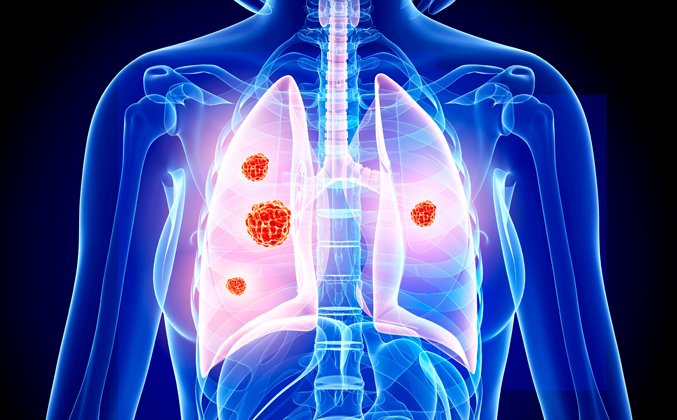The study will be the first time Imperial’s vaccine has been trialed in humans and will assess whether it is well-tolerated and produces an effective immune response against Covid-19.
The trial will recruit 300 healthy participants who will then receive two doses of the vaccine. Depending on whether the vaccine is safe and shows a promising immune response, larger Phase III trials could begin later on in the year with around 6,000 volunteers.
Imperial’s vaccine represents a new approach to traditional vaccine development, by using synthetic strands of genetic code, or RNA, based on the virus’s genetic material. This differs from traditional vaccines which are typically based on a weakened or modified form of a virus.
Imperial’s vaccine works by having the RNA generate copies of itself which then instructs the body’s own cells to make copies of the spiky protein found on the outside of the Covid-19 virus. The idea is that this should train the body’s immune system into easily recognizing the Covid-19 virus so it can defend itself.
The initial part of Imperial’s study will look to assess the vaccine’s safety and find an optimal dose in 15 participants aged between 18 and 45. Imperial states that the first patient will receive a very low dose of the vaccine before increasingly higher doses are used for subsequent volunteers.
All volunteers will receive an initial dose of the vaccine and then a second boosting dose four weeks later. The team expects to publish findings once the safety data are available and are hopeful that a vaccine could be available by spring 2021. The research being undertaken by Imperial has been backed by government funding of £41 million, as well as £5 million from philanthropic organisations.
Professor Robin Shattock, from the Department of Infectious Disease at Imperial and who is leading the work, said: “The Covid-19 pandemic has claimed thousands of lives and had a huge impact on daily life. In the long-term, a viable vaccine could be vital for protecting the most vulnerable, enabling restrictions to be eased and helping people to get back to normal life.
“From a scientific perspective, new technologies mean we have been able to get moving on a potential vaccine with unprecedented speed. We’ve been able to produce a vaccine from scratch and take it to human trials in just a few months – from code to candidate – which has never been done before with this type of vaccine. If our approach works and the vaccine provides effective protection against disease, it could revolutionise how we respond to disease outbreaks in future.”
Business Secretary Alok Sharma MP said: “I am incredibly proud the vaccine being developed by Imperial College London is one of the world’s front-runners. We are fully backing its research with over £40 million government funding, as part of our wider vaccines development programme.
“The fast progress of Imperial’s vaccine is a testament to the ingenuity and tenacity of Britain’s researchers. If these trials are successful a vaccine will not only help us tackle coronavirus but also emerging diseases now and into the future.”

 Imperial College of London to begin human testing of new COVID-19 vaccine on 300 volunteers
Imperial College of London to begin human testing of new COVID-19 vaccine on 300 volunteers




















.jpeg)


.jpeg)



.jpeg)
.jpeg)






.jpeg)





